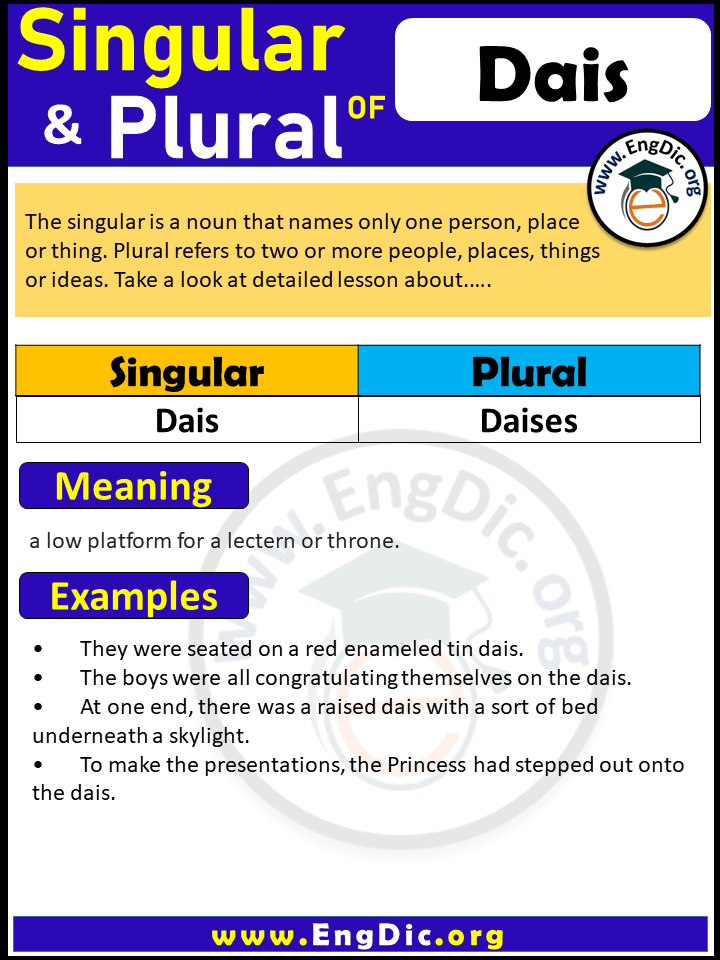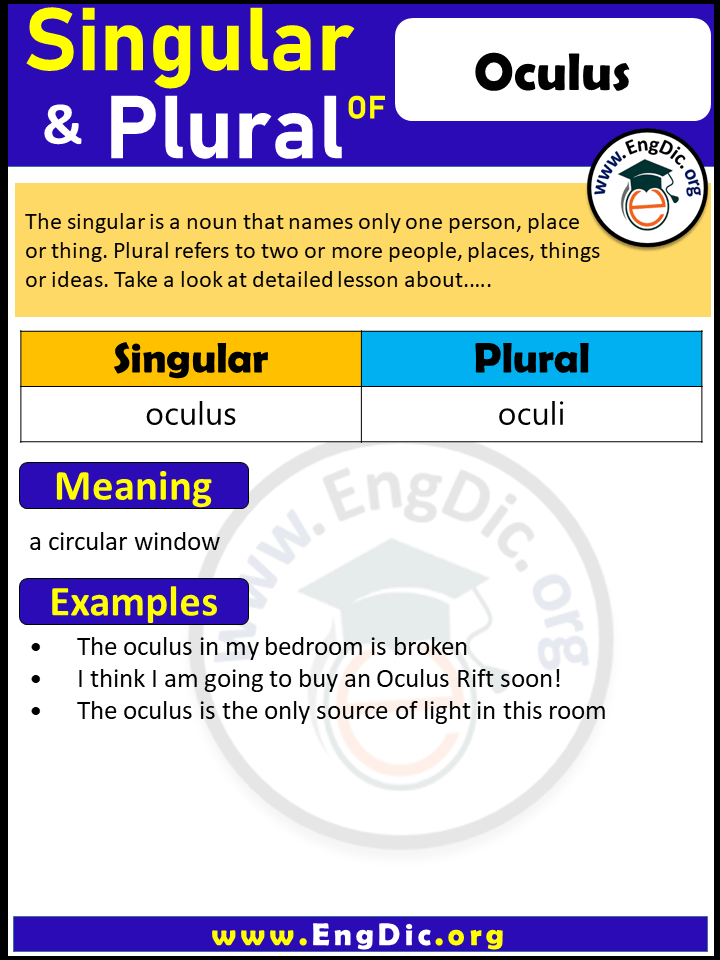Meaning: a seemingly absurd or contradictory statement
Plural of Paradox
| Singular | Plural |
| paradox | paradoxes |
Paradox as a Singular Noun in Example Sentences:
- The paradox of time travel fascinated the scientists.
- The philosopher contemplated the nature of the paradox.
- The speaker presented a compelling argument regarding the paradox.
- The mathematician explored the concept of infinity and its paradox.
- The writer used the paradox to create a thought-provoking story.
- The comedian cleverly pointed out a humorous paradox in society.
- The professor challenged the students to solve a complex logical paradox.
- The artist expressed conflicting emotions through the paradox in the artwork.
- The book discussed the philosophical paradox of free will.
- The scientist discovered a new paradox in quantum mechanics.
Paradox as a Plural Noun in Example Sentences:
- The scientists debated the existence of multiple paradoxes in the theory.
- The philosophers analyzed various ancient and modern paradoxes.
- The mathematicians sought to resolve the mathematical paradoxes.
- The researchers examined the logical inconsistencies in the paradoxes.
- The students discussed the ethical implications of moral paradoxes.
- The book presented different perspectives on cultural and social paradoxes.
- The lecture covered the historical development of scientific paradoxes.
- The thinkers throughout history have grappled with philosophical paradoxes.
- The professor assigned a research project on unresolved paradoxes.
- The conference focused on emerging paradoxes in contemporary society.
Singular Possessive of Paradox
The singular possessive form of “Paradox” is “Paradox’s”.
Examples of Singular Possessive Form of Paradox:
- The complexity of Paradox’s nature baffles philosophers.
- Paradox’s existence challenges logical reasoning.
- The depth of Paradox’s meaning requires contemplation.
- Paradox’s presence in literature adds intrigue.
- The resolution of Paradox’s contradictions eludes comprehension.
- Paradox’s philosophical implications provoke intellectual debate.
- The concept of Paradox’s time travel creates mind-bending scenarios.
- Paradox’s essence lies in its contradictory nature.
- The study of Paradox’s principles deepens our understanding of reality.
- Paradox’s manifestation often defies conventional wisdom.
Plural Possessive of Paradox
The plural possessive form of “Paradox” is “Paradoxes'”.
Examples of Plural Possessive Form of Paradox:
- The exploration of paradoxes’ contradictions stimulates intellectual curiosity.
- Paradoxes’ presence in literature and art challenges conventional narratives.
- The resolution of paradoxes’ complexities requires nuanced thinking.
- Paradoxes’ philosophical implications span across different disciplines.
- The study of paradoxes’ paradoxes reveals intricate patterns of thought.
- Paradoxes’ existence in mathematics and logic defies straightforward solutions.
- The examination of paradoxes’ paradoxes uncovers profound truths.
- Paradoxes’ nature as thought experiments fosters philosophical discourse.
- The understanding of paradoxes’ paradoxes evolves through ongoing analysis.
- Paradoxes’ exploration pushes the boundaries of human comprehension.






